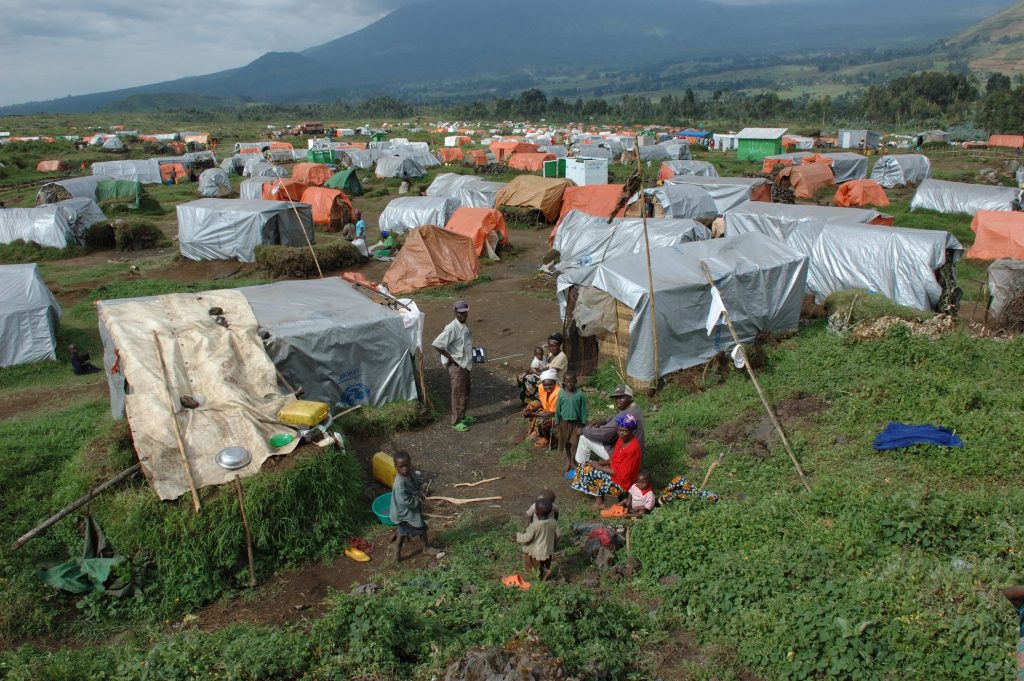No dia 11 de outubro, a nova investigadora visitante do CEI-IUL, Amanda Hammar, vai ser a oradora convidada para a conferência de abertura do Mestrado de Estudos Internacionais com a comunicação “The Paradoxes of Displacement: an African perspective”.
Ammanda Hammar é a diretora do Centro de Estudos Africanos na Universidade de Copenhaga e estará no CEI-IUL como investigadora visitante até ao final do ano.
Abstract
The empirical and experiential phenomenon of displacement, globally and historically, has a long pedigree. The concept of ’displacement’ on the other hand is more recent, but has been applied widely, especially in technocratic terms, to manage and assist ’the displaced’. Yet such technocratic conceptualisations and applications are somewhat narrow in their readings of the complex realities of conditions and relations of displacement. Drawing on a range of cases from different African contexts, this talk will focus on the paradoxes of displacement. It will consider not only the very real violence, loss and destruction on multiple levels that are part of what is often a continuum (rather than just a one-off event) of displacement for many. It will look more broadly at what else besides this devastation is produced by displacement. It will ask, for example, what kinds of new dynamics of value, exchange and accumulation are produced under particular conditions of displacement, with what benefits for who? And what kinds of changes in social relations are created in given displacement settings, for example in terms of changing class, gender, age, race, ethnic or other positionalities, and with what effects?
Amanda Hammar is a professor of African Studies and Director of the Centre of African Studies at the University of Copenhagen. Her work in southern Africa and especially Zimbabwe has focused on questions of land and agrarian change, state making and citizenship in the margins, the paradoxes of displacement and crisis, and most recently on urban displacement and resettlement and the relationship between property, authority and citizenship. Her most recent journal publication is “‘Becoming Mozambicanised’: Nostalgic amnesia among Zimbabweans adapting to ‘disorder’ in Mozambique” (in African Studies, 2017). Her most recent book is Displacement Economies in Africa: Paradoxes of Crisis and Creativity (Zed Books, 2014). She is currently working on a book on Property and Personhood.
